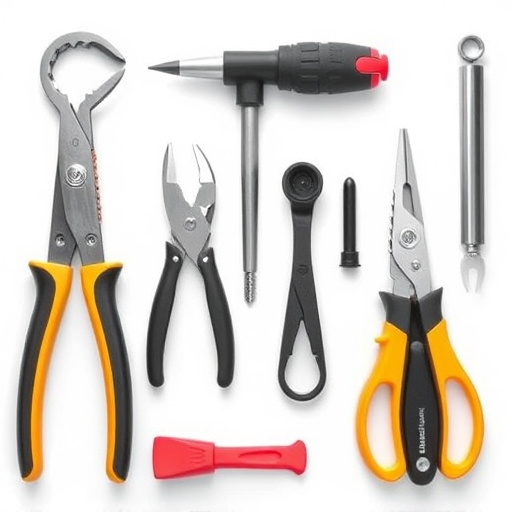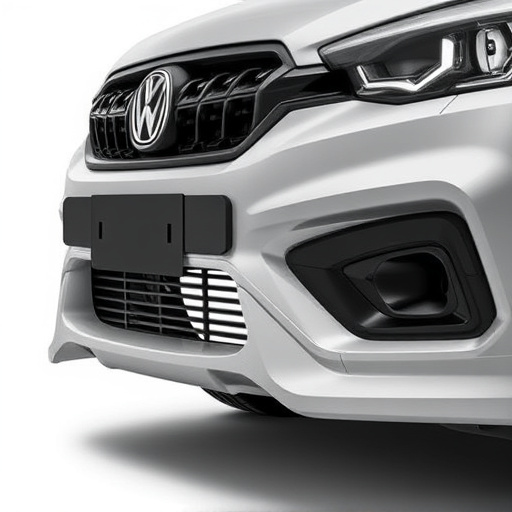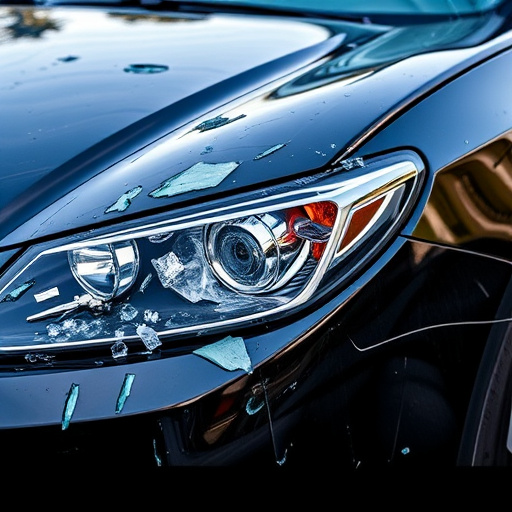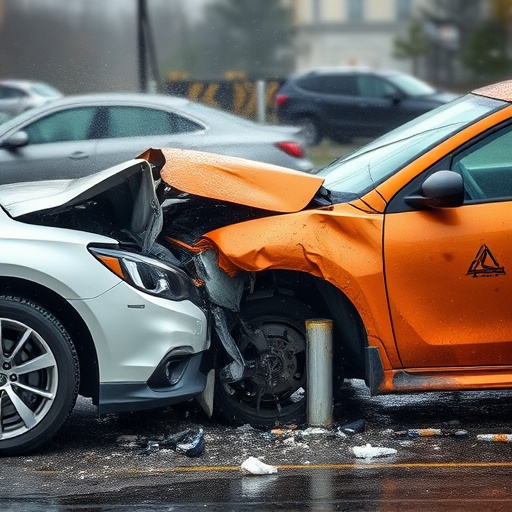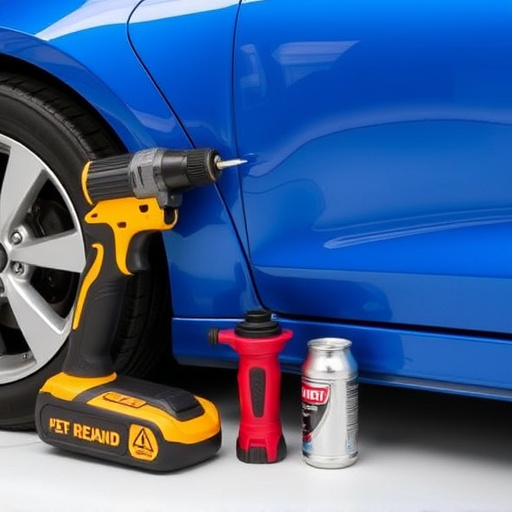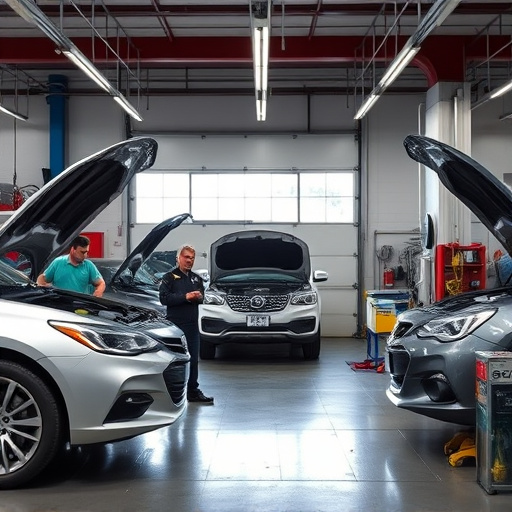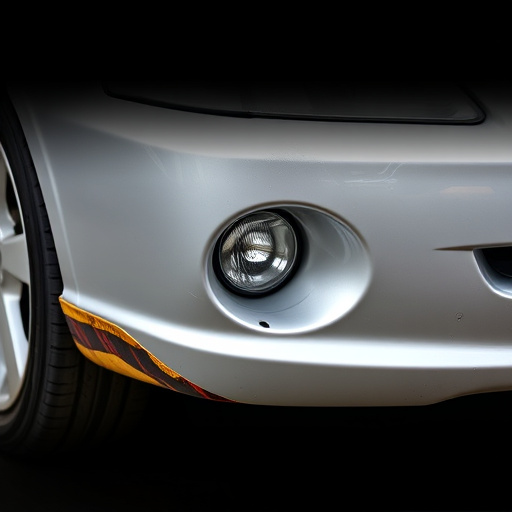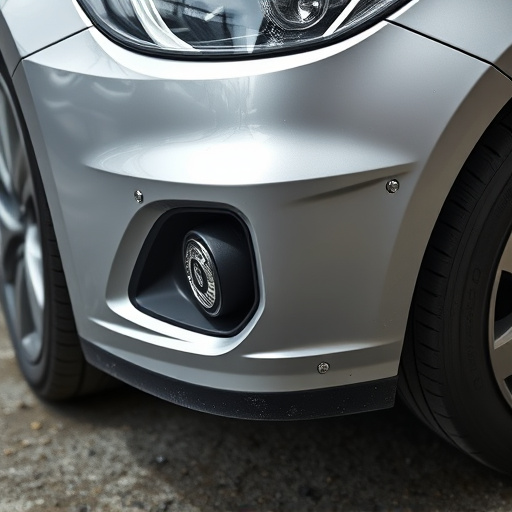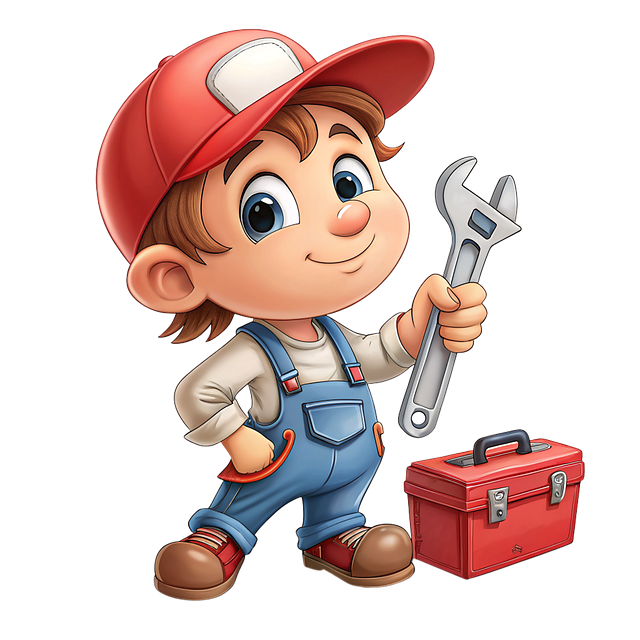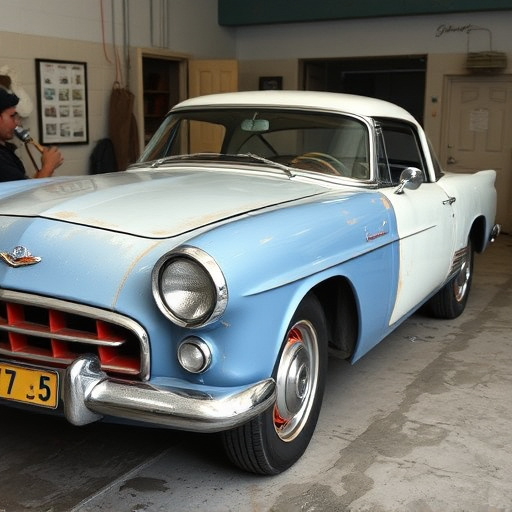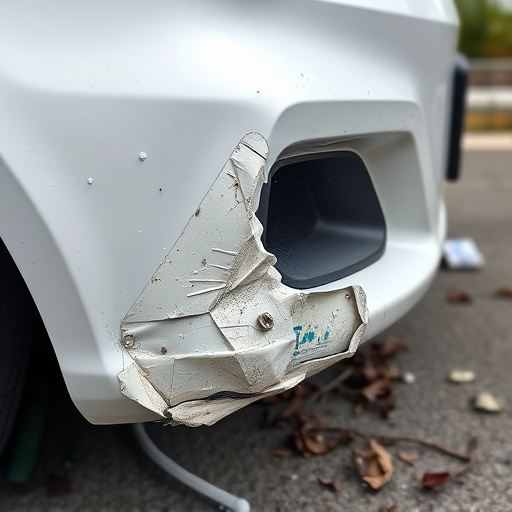Repair Quality Verification (RQV) is a stringent evaluation process ensuring vehicles meet high standards before leaving the factory. Technicians conduct meticulous inspections for structural integrity, paint quality, and adherence to manufacturer guidelines. Dynamic testing mimics real-world conditions, verifying repair reliability and safety. Autobody shops' reputations depend on consistently passing these rigorous verifications, making RQV crucial for drivers seeking reliable auto repairs. Implement RQV for enhanced manufacturing excellence, reduced errors, improved efficiency, boosted customer satisfaction, and guaranteed product quality.
Repair Quality Verification (RQV) is a critical process ensuring manufactured goods meet factory specifications. By meticulously inspecting repairs, RQV validates the integrity and functionality of products, thereby enhancing manufacturing excellence. This article delves into the RQV process, its role in upholding strict factory standards, and the substantial benefits it brings to overall production quality. Understanding RQV is key to navigating modern manufacturing challenges.
- Understanding Repair Quality Verification Process
- Ensuring Compliance With Factory Specifications
- Benefits and Impact on Manufacturing Excellence
Understanding Repair Quality Verification Process
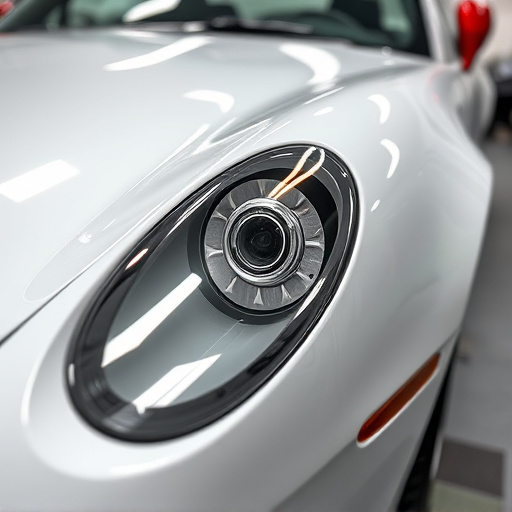
The Repair Quality Verification process is a critical step in ensuring that vehicles leaving the factory meet stringent specifications and standards. It’s a meticulous evaluation that involves several stages. Initially, repair technicians thoroughly inspect each vehicle, scrutinizing every detail from structural integrity to paint quality. They compare these findings with the original manufacturer’s guidelines, checking for any deviations or inconsistencies. This initial check acts as a foundational layer of protection, identifying potential issues before the vehicles are released into circulation.
The process then moves towards dynamic testing and simulations that mimic real-world conditions. These tests assess how well the repair holds up under various stresses, ensuring the safety and reliability of the vehicle. The auto body shop or vehicle body shop’s reputation for quality is built upon consistent, high-pass rates through these rigorous verifications. For those seeking a reliable auto repair near me, choosing a facility with robust repair quality verification processes can significantly impact the longevity and performance of their vehicles.
Ensuring Compliance With Factory Specifications
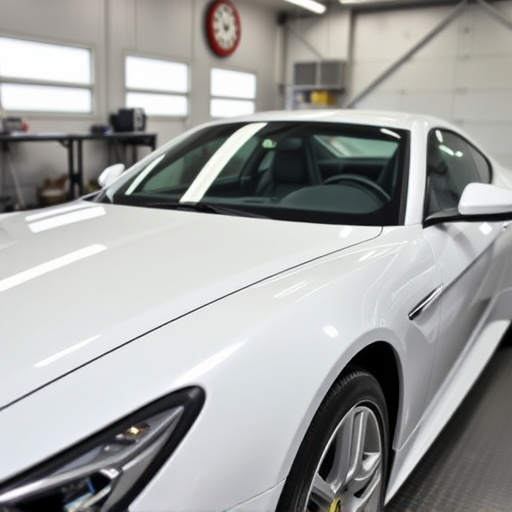
Ensuring compliance with factory specifications is a critical aspect of automotive manufacturing and post-production processes. Repair quality verification plays a pivotal role in maintaining these standards, especially in the context of vehicle repair and autobody shops. Every part of an automobile, from its engine to exterior panels, must meet specific design and performance criteria set by the manufacturer. By implementing rigorous repair quality verification protocols, workshops can guarantee that their repairs not only fix the issue but also preserve the integrity of the original factory specifications.
This process involves meticulous inspection and testing procedures designed to identify any deviations from the prescribed standards. For instance, in an autobody repair setting, this could mean checking alignment, paint finish, and structural integrity against the manufacturer’s guidelines. By adopting these measures, automotive body shops can deliver high-quality repairs that match the original equipment, ensuring customer satisfaction and maintaining the vehicle’s overall performance and safety.
Benefits and Impact on Manufacturing Excellence

The implementation of repair quality verification (RQV) processes is a game-changer for manufacturing excellence, particularly in the automotive industry. This meticulous practice ensures that every repair or restoration meets the stringent standards set by manufacturers like Mercedes-Benz. By verifying the quality of autobody repairs and classic car restoration work, RQV plays a vital role in maintaining the integrity and originality of vehicles.
The benefits are far-reaching; it reduces errors, improves efficiency, and boosts customer satisfaction. With rigorous RQV, manufacturers can guarantee that each vehicle leaving the factory adheres to the specified standards, leading to enhanced product quality and a solid reputation for excellence. This is especially crucial in preserving the precision and aesthetics of classic car restorations, ensuring they live up to their historical significance.
Repair Quality Verification (RQV) plays a pivotal role in ensuring that manufactured products meet factory specifications. By rigorously testing and inspecting repairs, RQV helps maintain high-quality standards, enhancing manufacturing excellence. This process is essential for identifying any deviations from the set parameters, allowing for timely corrections and improvements. Through effective RQV, manufacturers can guarantee consistent product quality, thereby fostering customer satisfaction and trust in their brand.
